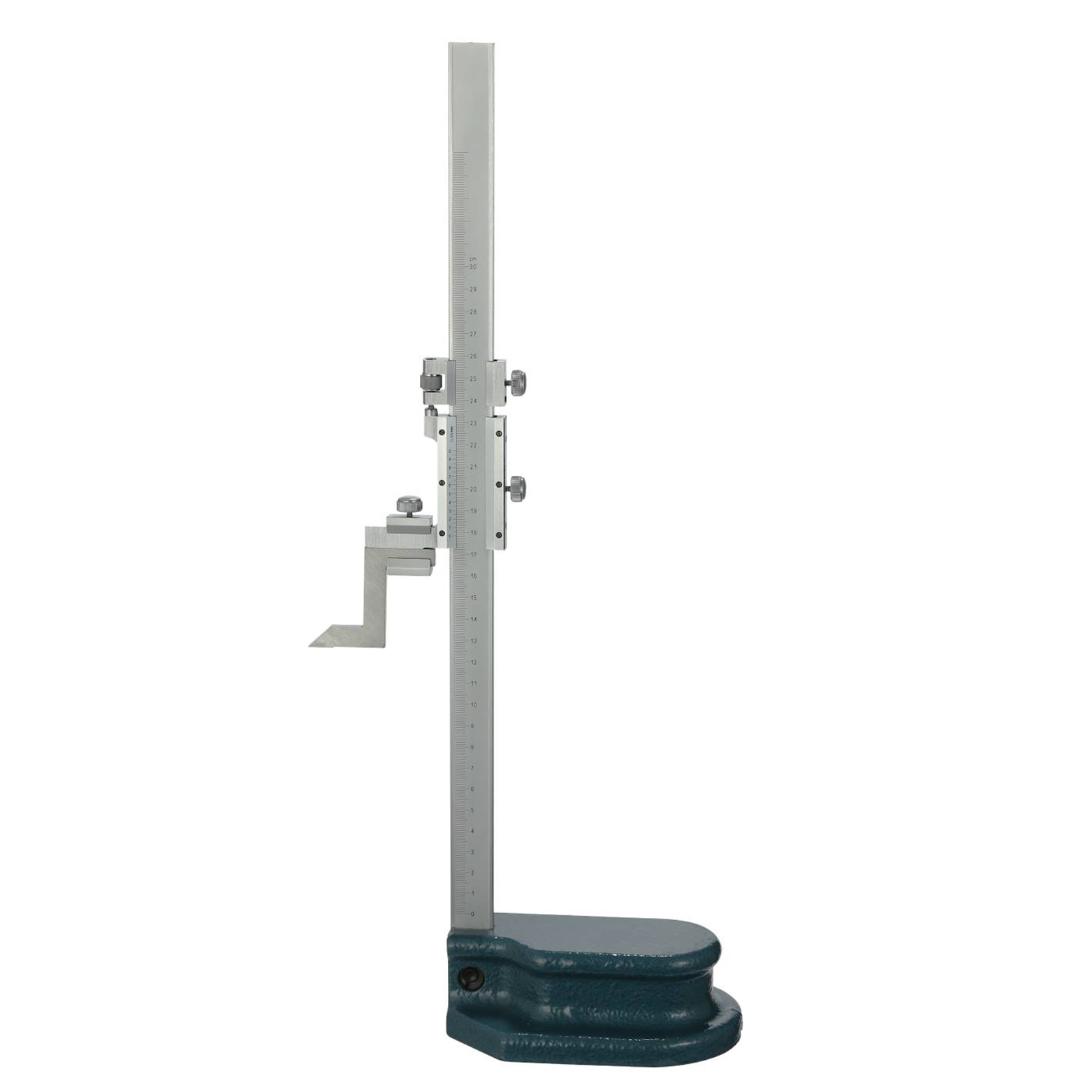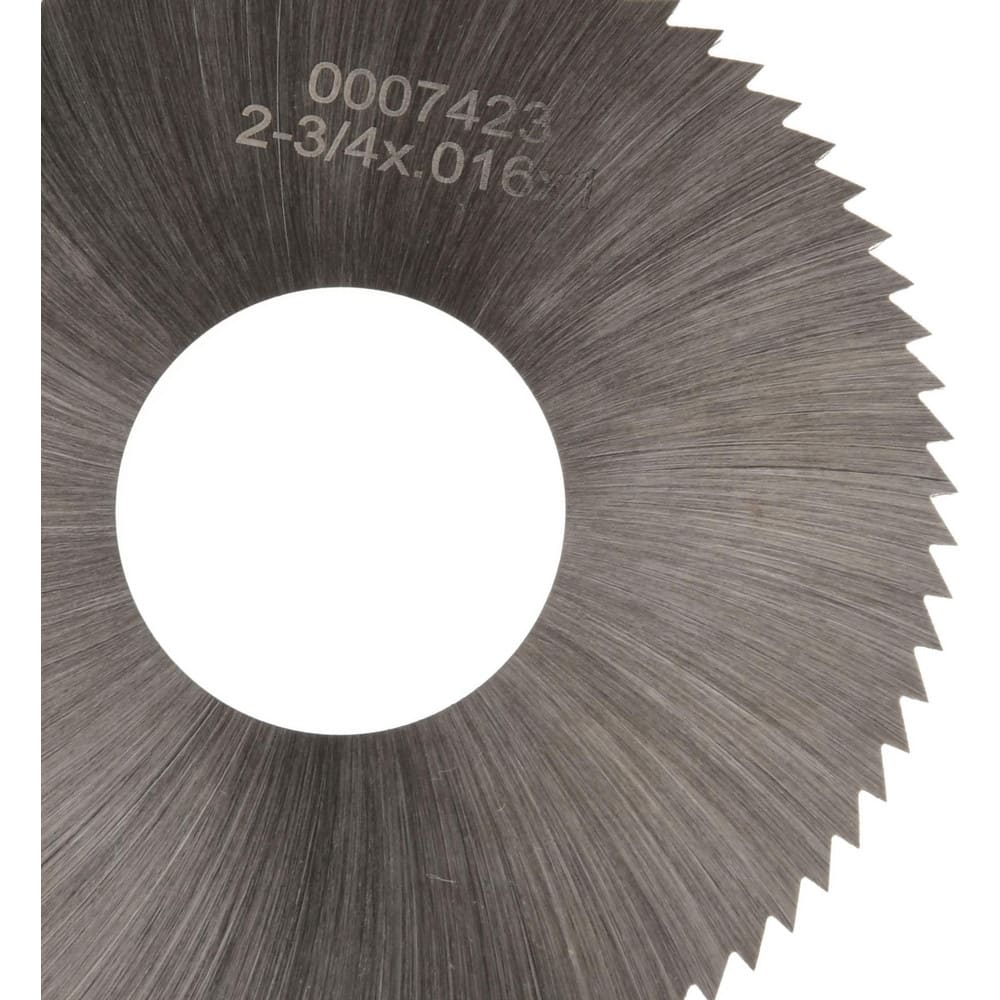car reamer set Manufacturer
A car reamer set is an essential tool for automotive repair and maintenance, used to precisely resize or clean holes to ensure proper fit and function of various components. Choosing the right set depends on the specific application, material, and desired finish. This guide explores the different types of car reamer sets, key features to consider, and how to select the best option for your needs.
Understanding Car Reamer Sets
Car reamer sets are designed to enlarge or refine existing holes in automotive parts, primarily to achieve a precise fit for pins, bolts, bushings, or other components. These sets typically include a variety of reamers, each with a specific size and cutting geometry, to accommodate different applications.
Types of Reamers
Different types of reamers are used for specific tasks. Understanding these differences is crucial for selecting the appropriate tool for the job.
- Hand Reamers: Manually operated, providing excellent control and precision for delicate tasks. Ideal for final sizing and finishing.
- Machine Reamers: Designed for use with power tools like drill presses, offering faster material removal and higher efficiency. Requires careful setup and control to avoid over-reaming.
- Tapered Reamers: Used to create or enlarge tapered holes, commonly found in suspension and steering components.
- Straight Reamers: Designed to enlarge or refine straight holes to a precise diameter.
- Adjustable Reamers: Offer a range of cutting diameters within a specified range, providing versatility for different hole sizes.
Key Features to Consider When Choosing a Car Reamer Set
Selecting the right car reamer set involves considering several factors to ensure optimal performance and longevity.
Material
The material of the reamer significantly affects its durability and cutting performance. Common materials include:
- High-Speed Steel (HSS): A general-purpose material offering a good balance of hardness, toughness, and cost. Suitable for most automotive applications.
- Cobalt HSS: Enhanced HSS with cobalt alloying, providing improved heat resistance and wear resistance. Ideal for harder materials and demanding applications.
- Carbide: Offers exceptional hardness and wear resistance, making it suitable for machining abrasive materials or high-volume production. More brittle than HSS and requires specialized equipment.
Size Range
Ensure the car reamer set includes the sizes needed for the intended applications. Consider the range of hole sizes commonly encountered in automotive repairs.
Number of Flutes
The number of flutes affects the reamer's cutting action and surface finish. More flutes generally produce a smoother finish, while fewer flutes allow for faster material removal.
Set Composition
Evaluate the specific reamers included in the set. A comprehensive set should include a variety of sizes and types to handle different tasks. Check for additional features like pilot reamers or deburring tools.
Top Car Reamer Set Manufacturers
Several reputable manufacturers offer high-quality car reamer sets. Here are a few notable brands:
- Wayleading Tools: Known for their precision engineering and durable construction, Wayleading Tools offers a wide range of reamer sets suitable for professional mechanics and automotive enthusiasts.
- Starrett: A well-established brand with a reputation for quality and reliability. Offers a comprehensive range of reamers for various applications.
- Gedore: A German manufacturer known for producing high-quality tools, including precision reamers for automotive use.
- Reiff: A respected brand supplying professional grade tools.
Using a Car Reamer Set: Best Practices
Proper use of a car reamer set is essential to achieve accurate results and prolong the life of the tools.
- Lubrication: Always use a suitable cutting fluid to reduce friction and heat.
- Speed Control: Maintain a slow and consistent speed to prevent chatter and ensure a smooth finish.
- Proper Clamping: Securely clamp the workpiece to prevent movement during reaming.
- Gentle Pressure: Apply gentle, consistent pressure to avoid over-reaming or damaging the reamer.
- Cleaning: Regularly clean the reamer to remove chips and debris.
Troubleshooting Common Reaming Problems
Even with proper technique, certain problems can arise during reaming. Here are some common issues and their solutions:
- Chatter: Caused by excessive speed, insufficient lubrication, or loose workpiece. Reduce speed, apply more lubricant, and ensure the workpiece is securely clamped.
- Oversized Hole: Resulting from excessive pressure or worn reamer. Use a new or properly sharpened reamer and apply gentle pressure.
- Tapered Hole: Caused by misalignment or uneven pressure. Ensure the reamer is aligned with the hole and apply even pressure.
- Poor Finish: Due to dull reamer or insufficient lubrication. Use a sharp reamer and apply adequate lubrication.
Car Reamer Set Comparison
This table compares different car reamer sets based on key features. (Note: This is a sample, adjust based on actual products).
| Brand | Model | Material | Size Range | Number of Pieces |
|---|---|---|---|---|
| Wayleading Tools | WL-CRS10 | HSS | 3mm - 12mm | 10 |
| Starrett | S263Z | HSS | 1/8' - 1/2' | 9 |
| Gedore | 8300-1 | HSS | 3mm - 10mm | 8 |
Conclusion
Choosing the right car reamer set requires careful consideration of the application, material, and desired finish. By understanding the different types of reamers, key features, and best practices, you can select a set that meets your specific needs and provides reliable performance for years to come. Remember to prioritize quality and durability when making your selection.
Disclaimer: Always consult the manufacturer's instructions for specific tools and equipment.
Related products
Related products
Best selling products
Best selling products-
 Precision 17pcs Angle Blocks Set With High Quality Type
Precision 17pcs Angle Blocks Set With High Quality Type -
 Auto Self Reversible Tapping Chuck In Drill Machine
Auto Self Reversible Tapping Chuck In Drill Machine -
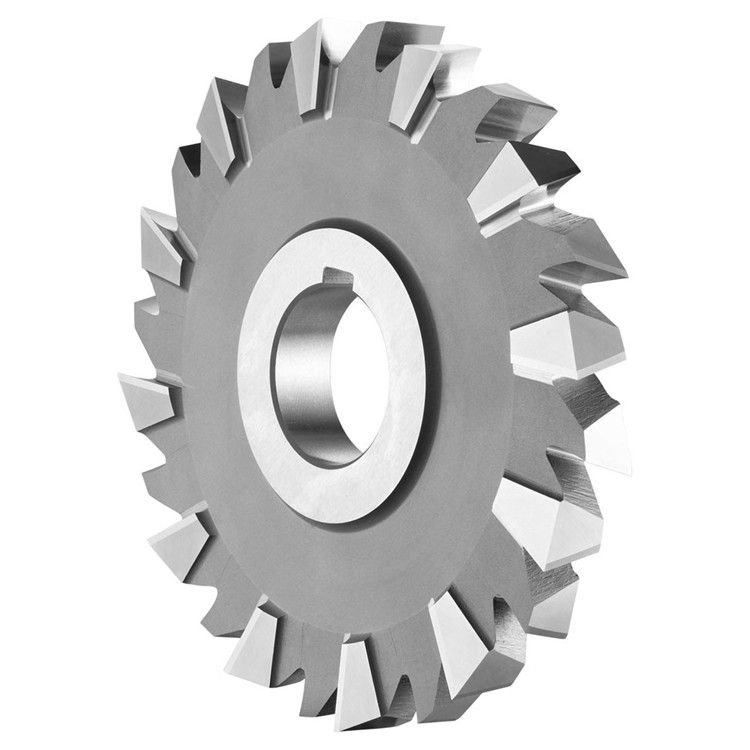 HSS Metric Side Milling Cutter With Bright Or TiN And TiAlN Coated
HSS Metric Side Milling Cutter With Bright Or TiN And TiAlN Coated -
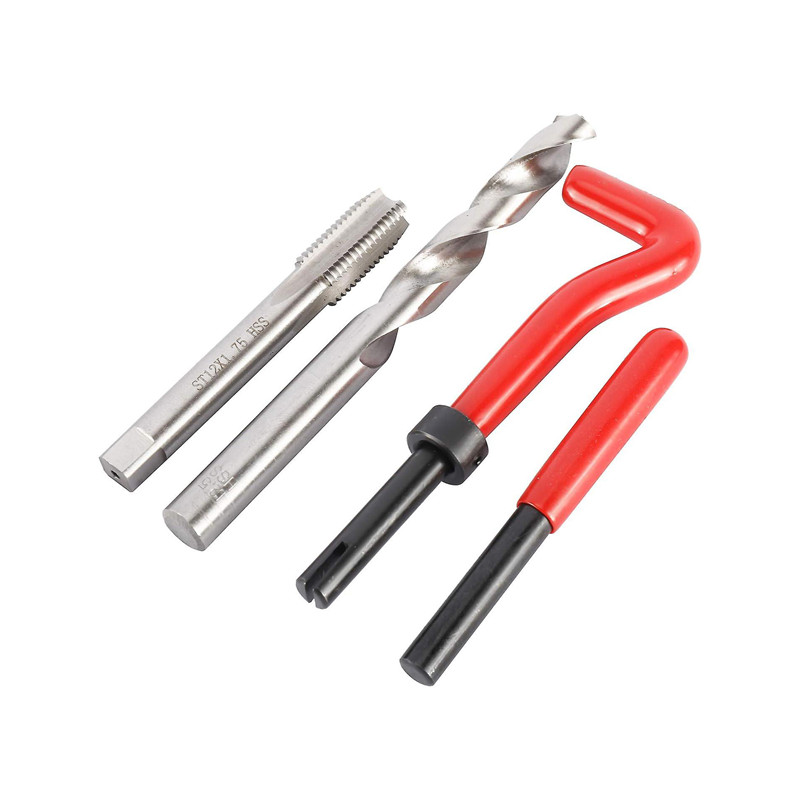 131PCS Thread Repair Set And Helicoil Type Thread Repair Set
131PCS Thread Repair Set And Helicoil Type Thread Repair Set -
 Dead Center For Morse Taper Shank
Dead Center For Morse Taper Shank -
 Precision Expanding Mandrel From 9/16″ to 3-3/4″
Precision Expanding Mandrel From 9/16″ to 3-3/4″ -
 CNMG & CNMM Turning Insert For Indexable Turning Tool Holder
CNMG & CNMM Turning Insert For Indexable Turning Tool Holder -
 Metric HSS Step Drills With Straight Flute
Metric HSS Step Drills With Straight Flute -
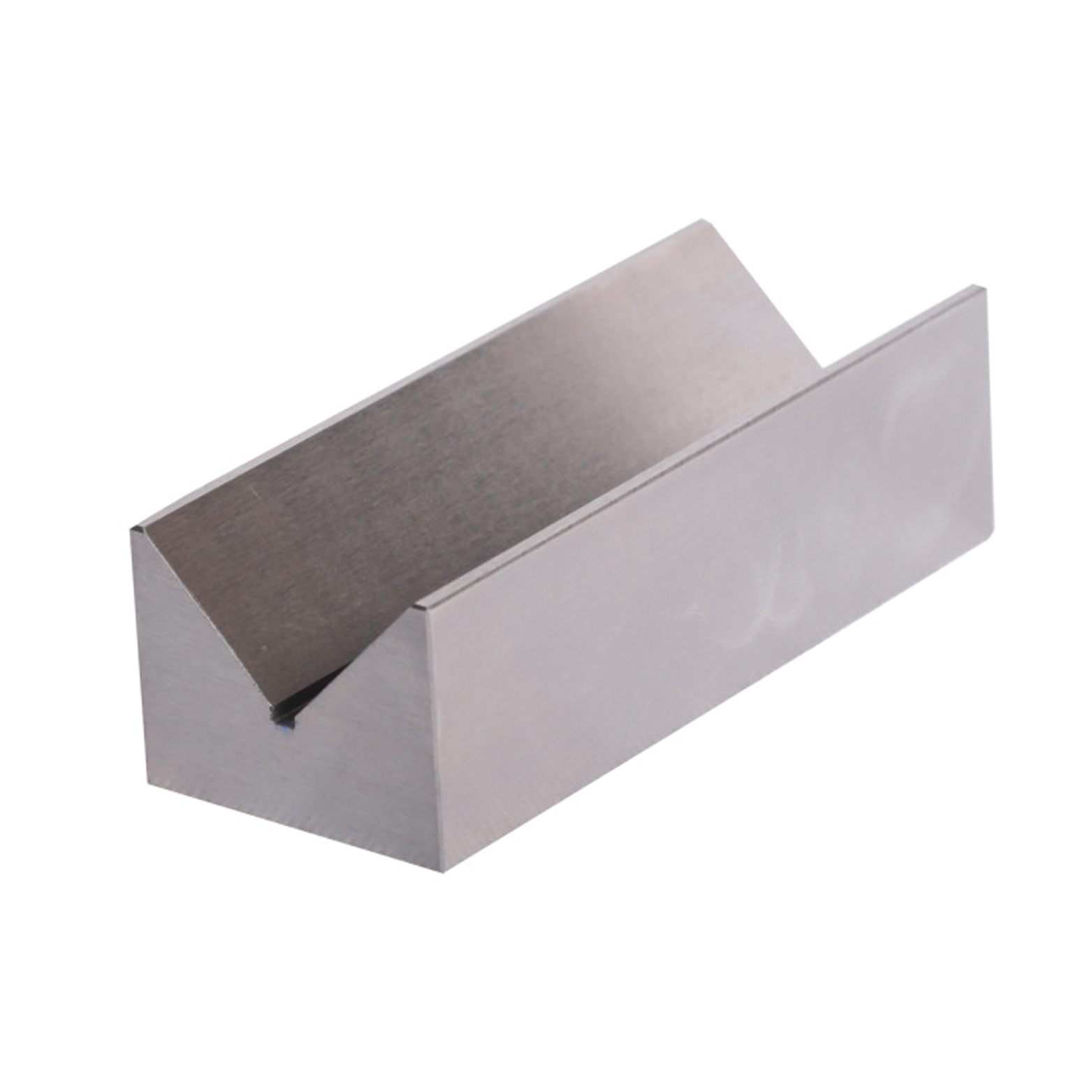 Precision V Block Set With Industrial Type
Precision V Block Set With Industrial Type -
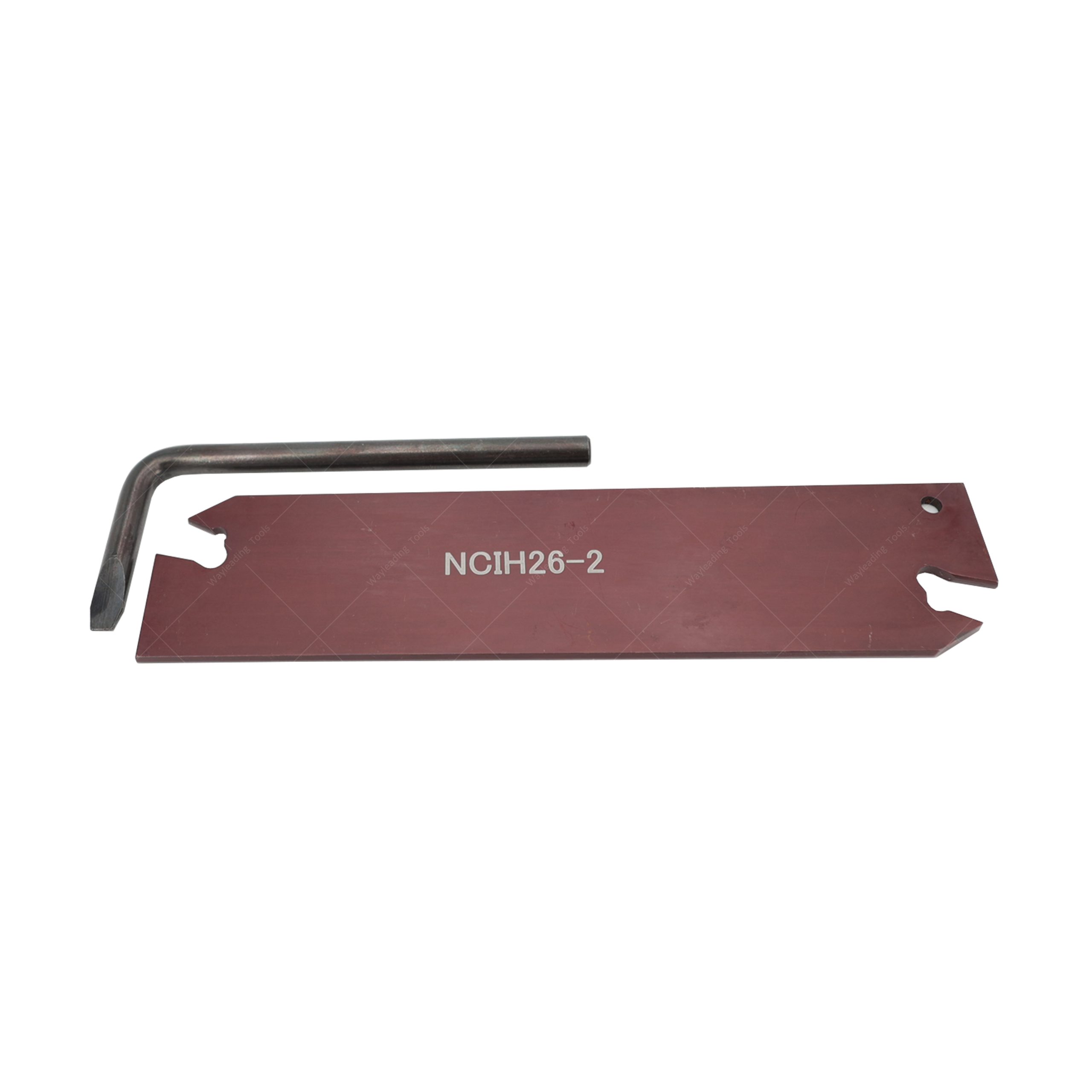 Parting & Grooving Tool Blades For GTN Blades
Parting & Grooving Tool Blades For GTN Blades -
 Precision 7pcs Angle Blocks Set With High Quality Type
Precision 7pcs Angle Blocks Set With High Quality Type -
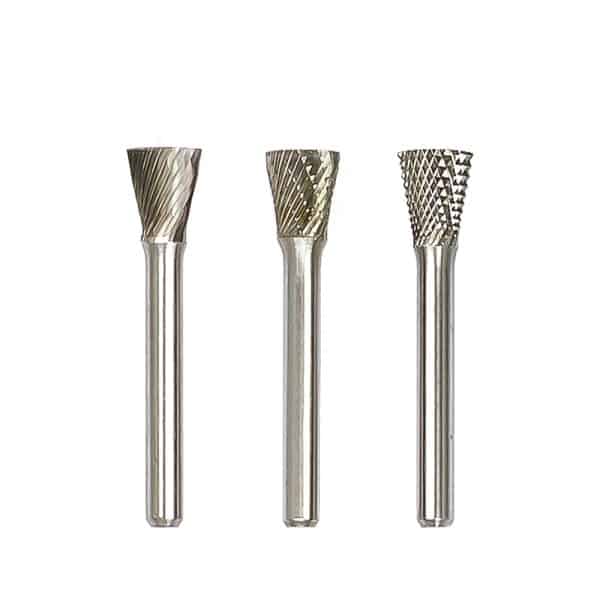 Type N Inverted Cone Tungsten Carbide Rotary Burr
Type N Inverted Cone Tungsten Carbide Rotary Burr
Related search
Related search- self centering lathe chuck Factories
- threading tool holder set Manufacturer
- vcmt insert Factory
- self centering lathe chuck Manufacturer
- sk collets
- SCAC turning tool holder Manufacturers
- High-Quality SVJB turning tool holder
- 3pcs boring bar sets Factory
- calipers tool Factory
- carbide tipped lathe tools Factory

